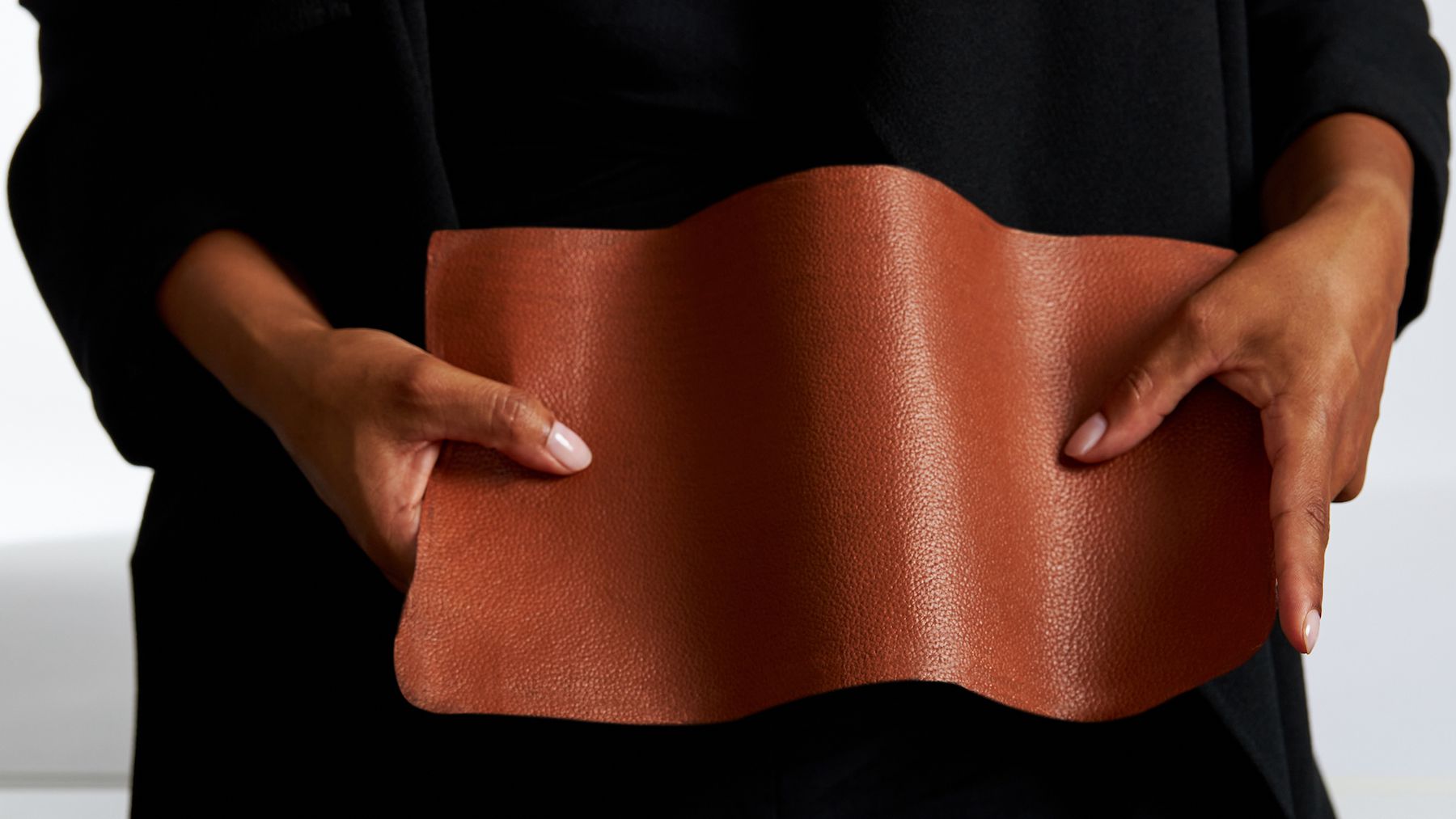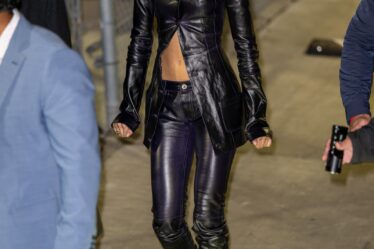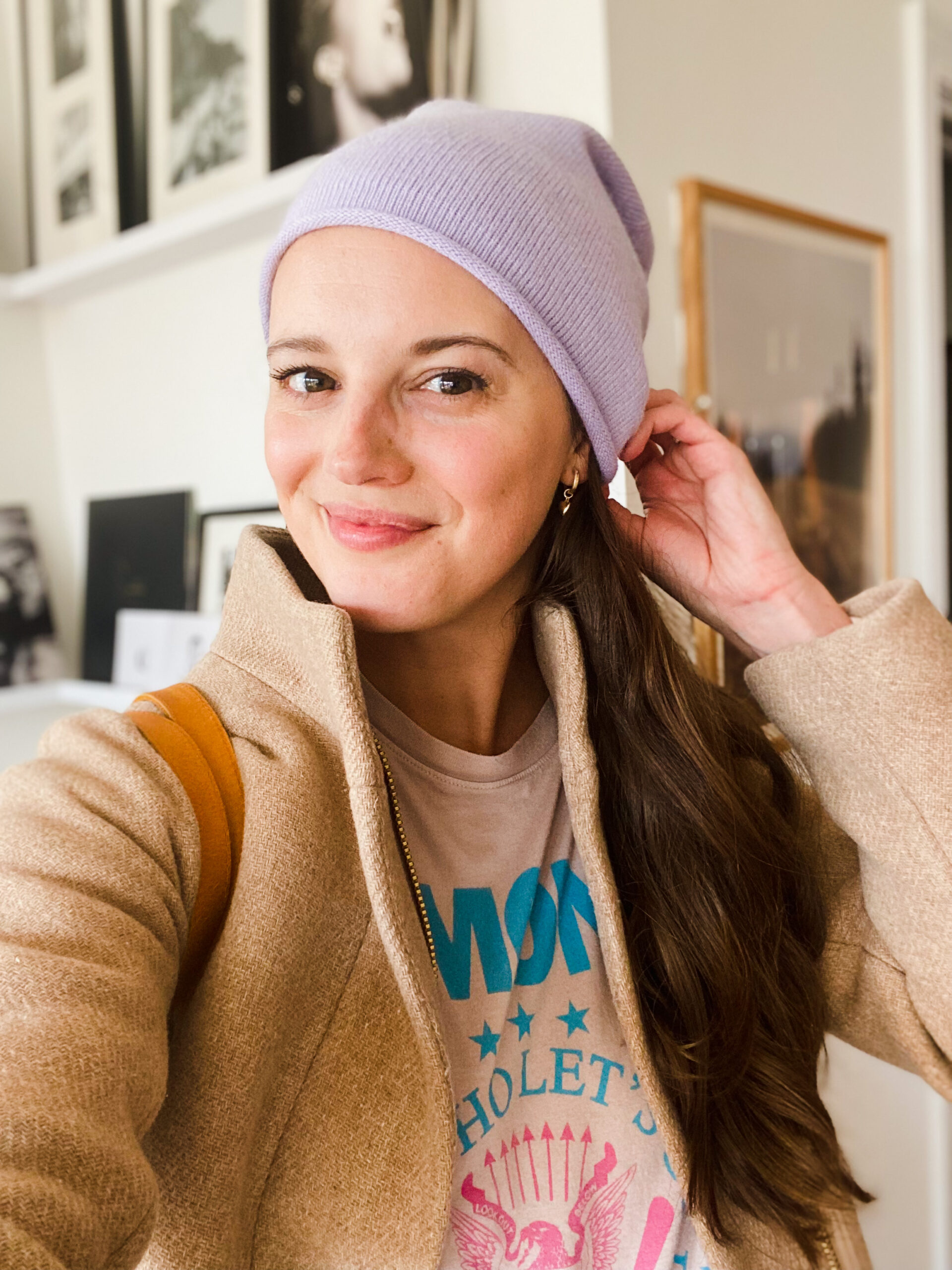
French luxury giant Kering has invested in San Francisco-based lab-grown leather startup VitroLabs, the latest sign of fashion’s growing appetite for new materials that could help companies meet sustainability goals.
The conglomerate made a “significant” investment — alongside Leonardo DiCaprio, Danish fashion company Bestseller’s venture arm and several venture capital firms — as part of a $46 million Series A funding round, VitroLabs said Wednesday. The terms of the deal were not disclosed.
Fashion’s interest in next-generation materials has been growing alongside consumer demand for more sustainable and cruelty-free products. Years of research and development efforts are also beginning to result in more mature technologies and products, which have generated increased interest from investors.
The space has attracted $2.3 billion in funding since 2015, with the pace of investment growing rapidly, according to the Material Innovation Initiative, a nonprofit.
Kering’s investment in VitroLabs is the latest in a series of recent bets by the group focused on furthering its sustainability goals and tapping into shifting consumer behaviour. The company acquired a 5 percent stake in resale site Vestiaire Collective last March and invested an undisclosed sum in handbag subscription service Cocoon last June.
“A partner like this is a stamp of approval, and we’re seeing more and more brands starting to look for solutions when it comes to leather,” said VitroLabs co-founder and chief executive Ingvar Helgason.
While many companies have focused on plant-based leather alternatives made from materials like mushrooms or grapes, VitroLabs uses stem cells to grow leather that’s indistinguishable from the real thing without needing to raise and slaughter animals. That means the material can in theory plug into existing supply chains of tanneries and artisans, while cutting out the heavy environmental impact and animal welfare issues associated with cattle farming. It also doesn’t require additional synthetic coatings, like many imitation leathers do.
On the other hand, many leather alternatives have already made it to market and are moving to scale up production. VitroLabs must prove its material can move from prototype to product, building on years of work to nail the science to scale a cluster of animal cells into a hide that can be tanned and crafted.
The company, which was founded in 2016, said it will use the series A funds to fast-track commercialisation of its lab-grown leather, expanding its scientific manufacturing and business development teams. It moved into a 45,000 square foot facility designed for pilot production last fall.
It’s been working with Kering since 2018 to understand how its cultured skins could be turned into luxury handbags, belts and shoes, but Helgason declined to provide a timeline for when products made from VitroLabs’ cell-cultivated leather might hit the market.



